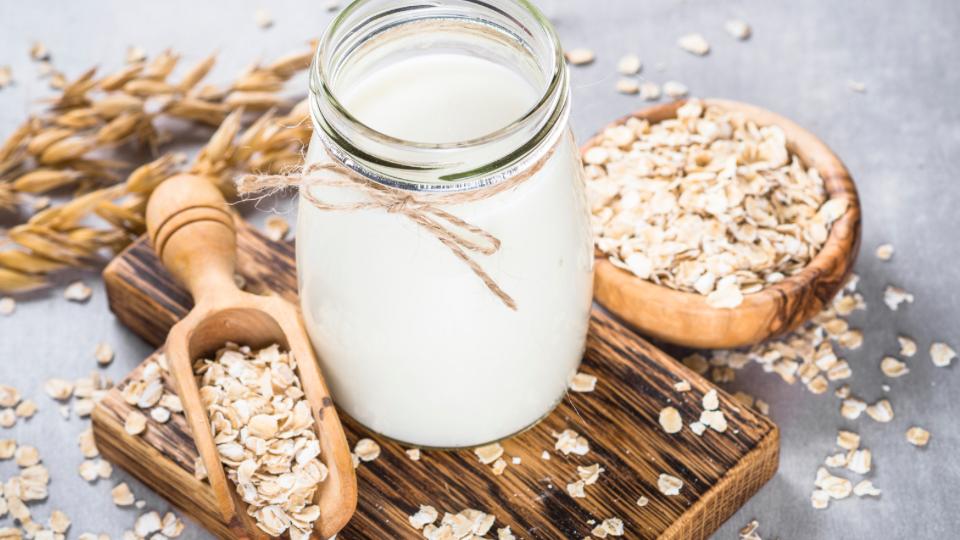Oat milk has been gaining popularity as a healthy beverage choice that also supports sustainable living. Unlike traditional dairy alternatives, oat milk stands out for its health benefits and versatile use.
Oat milk is made by blending oats with water, resulting in a creamy, dairy-free drink. Being plant-based and lactose-free, it offers an ideal alternative for vegans and those with lactose intolerance. Moreover, oat milk boasts numerous health benefits.
Rich in fiber, oat milk aids digestion and promotes a feeling of fullness. It also contains antioxidants and vitamins that support heart health and overall well-being. Additionally, oat milk is low in saturated fat, making it a heart-healthy option.
Besides its nutritional value, oat milk is incredibly versatile. It can be enjoyed as a refreshing beverage, used in coffee, tea, smoothies, cereal, and cooking. Its mild flavor and creamy texture make it a favorite among health-conscious consumers.
Furthermore, oat milk production has a lower environmental impact compared to dairy farming, making it an eco-friendly choice. By choosing oat milk, consumers not only support their health but also contribute to environmental sustainability.
In conclusion, oat milk offers a nutritious and delicious alternative to dairy milk, making it a valuable addition to a healthy lifestyle and a greener planet.

What are the Benefits of Oat Milk?
1. Nutrient-Rich